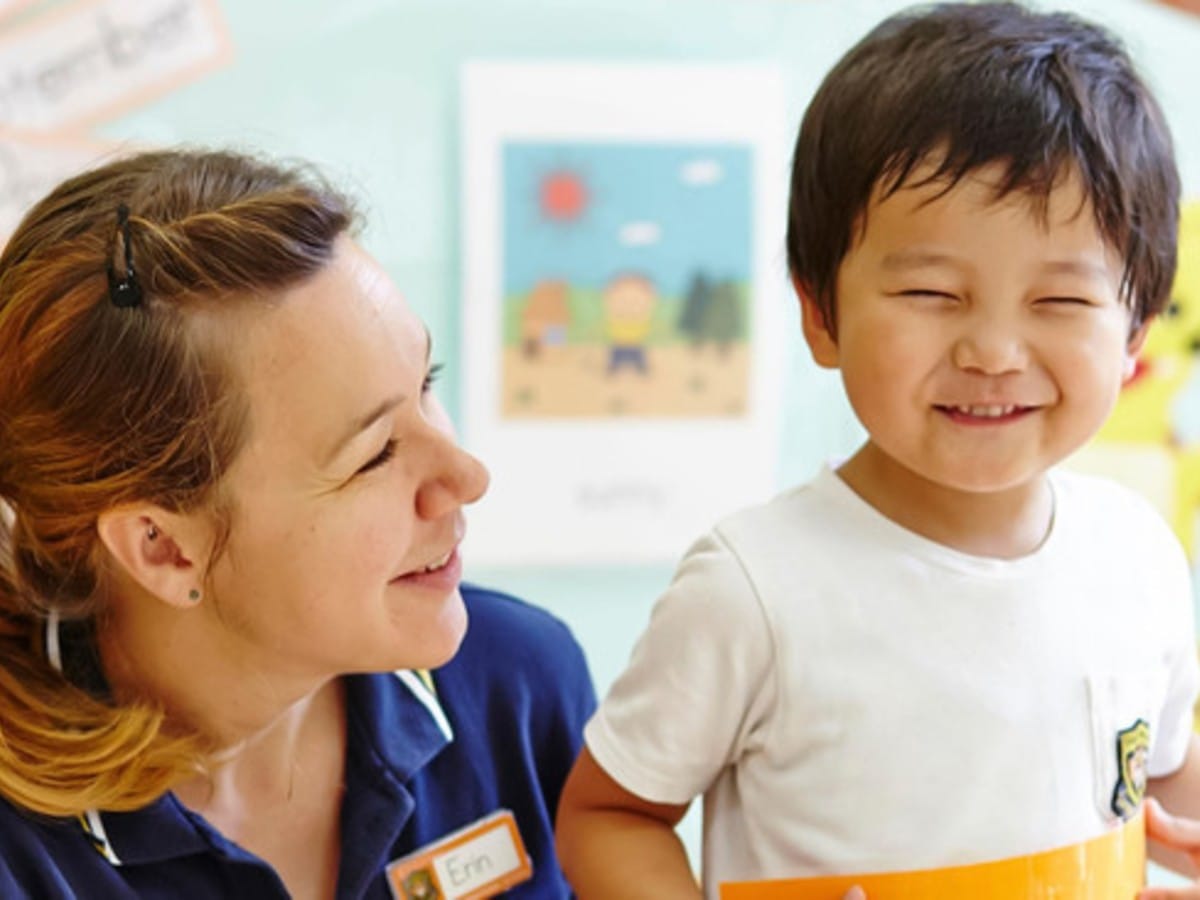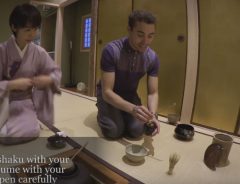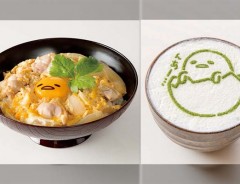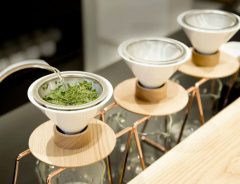
Source: © PR Times, Inc.
Kinder Kids includes the multisensory art of drinking tea in preschool education program
- Tags:
- Education / Green Tea / Kinder Kids / preschool education / School / Senchado / Tea
Related Article
-

A Beginner’s Guide To Enjoying Traditional Japanese Tea Ceremony!
-

Gudetama Latte Art And Adorably Lazy Dishes Take Up Residence At A Kyoto Matcha Cafe
-

With a fragrance like sakura mochi, “Sakura no Sencha” tea offers a sip of Japanese Spring
-

Green Tea The Coffee Way: First Drip-Green Tea House Opens Up In Tokyo
-

Warm drinks and fluffy pancakes arrive at Tully’s to keep you warm this winter
-

An Abandoned School and Other Unusual Living Spaces in Japan


Children are sensitive, creative, and curious. It is essential that their educational experience engages all five senses to provide the most significant opportunities for their development. Recently, Kinder Kids held a workshop to enliven the experience of drinking tea, something essential to life in Asia. While culturally important, many children are only familiar with sipping the beverage pre-packaged in plastic bottles. As such, they are entirely cut off from any connection with the leaf.
© PR Times, Inc.
The company Senchado teamed with Kinder Kids in this effort to educate about the importance of tea. In a recent press release, they commented:
"In recent years, the opportunities to experience genuine Japanese culture are gradually decreasing. Therefore, having people come in contact with "tea” during early childhood education stimulates curiosity and sows interest in the culture while providing a learning experience. I think this is an investment in the future. By creating a fun cultural experience involving seeing, touching, smelling, listening, and tasting, we provide an opportunity for students to gain insight beyond classroom lectures. At Senchado Tokyo—which designs tea leaves, tea utensils, and experiences—we have provided excellent workshops for children that stimulate the five senses."
Stimulating the five senses
The experience of brewing Japanese tea naturally stimulates the sense of taste, smell, touch, hearing, and sight. For instance, there is:
© PR Times, Inc.
As such, children can actively enjoy the cultural experience of making and drinking Japanese tea. Curious as they are, children often admit that they “want to touch" or “want to eat” the tea leaves. You can see for yourself in the video below:
Kinder Kids International School
Kinder Kids International School, which is spearheading this initiative, is a bilingual nursery school with an integrated kindergarten. The company boasts an integrated English education program for young learners from the age of 6 months. As such, it is one the most popular schools focused on international culture—so-called international schools—in Japan. Although it is an international school, Kinder Kids provides an English education that values Japanese culture.
Since opening in 2000, the company has grown to include 23 schools throughout Japan and overseas in Canada and Hawaii. Naturally, Kinder Kids is a popular employer for individuals from English-speaking countries that wish to teach abroad. The company posted pictures of their teachers on Instagram:
"It's Sports Festival season at Kinder Kids in Japan! None of it would be possible without our dedicated team of staff and teachers. We hope everyone at Kobe Seaside, Sakai, Tomigaoka, and Takarazuka school pictured here helped you have a great day!"
Business expansion
In 2021, Kinder Kids International School announced that they would offer primary and secondary education in addition to early childhood education from April of 2022.
© PR Times, Inc.
Primary and secondary education courses will focus on a unique curriculum that incorporates STEM education, such as programming and English and Chinese. If you want to know more information, please check the official website